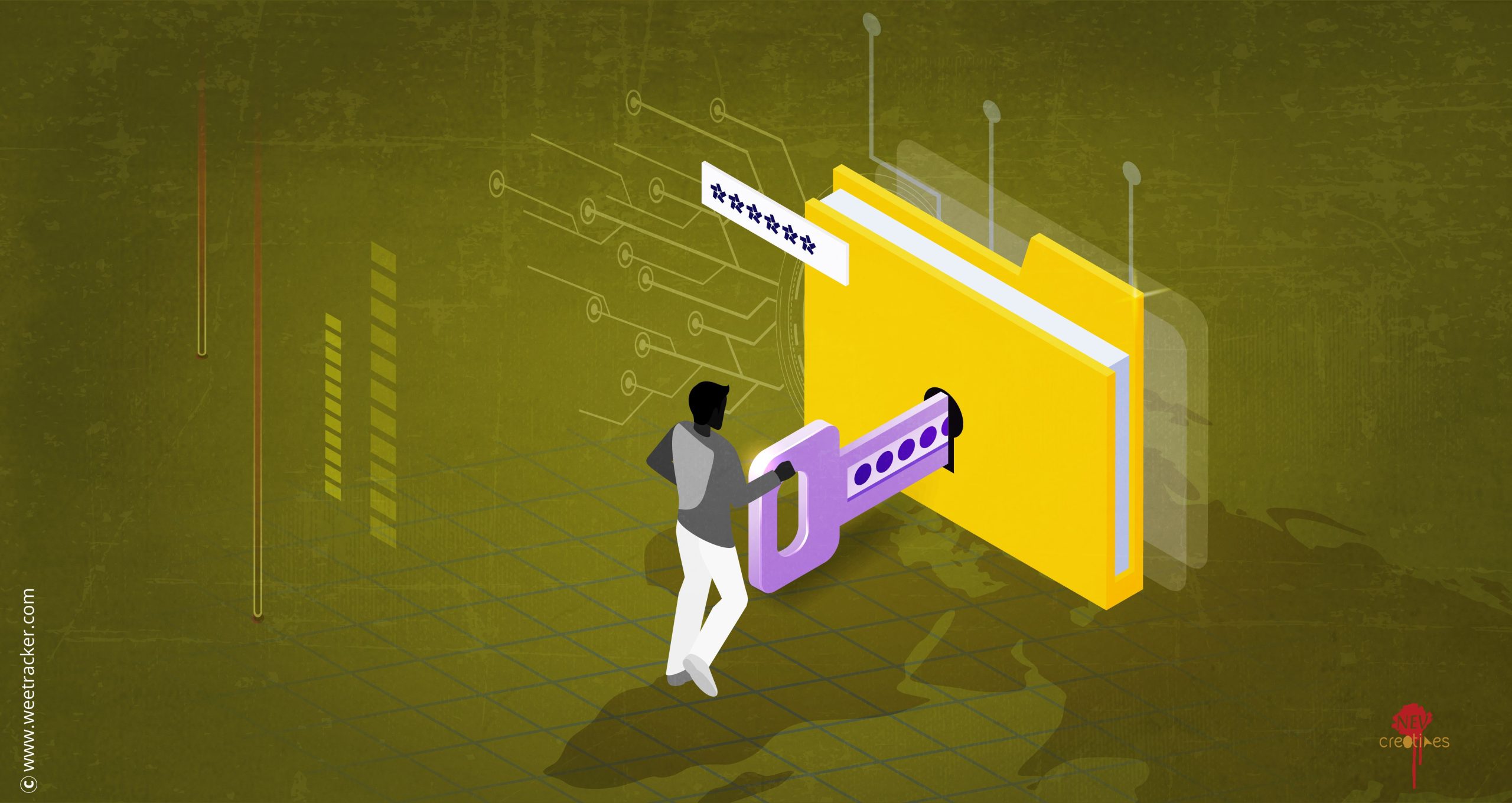Togo Is Positioning To Become Africa’s Cybersecurity Nucleus

In the fast-growing African digital economy, cybercrime is a continually worsening affliction. Recent events in the region’s tech startup space are testament to the fact that it has the weakest link in the global internet ecosystem.
According to the Club of Information Security Experts in Africa (CESIA), as of 2021, a substantial 55 percent of African companies were convinced of their unpreparedness to deal with cyberattacks. CESIA, which has 170 members from 18 African states, revealed in 2022 that though the percentage of unready business is now 52, cybercriminals are becoming more organized.
What’s more, Interpol’s Africa Cyberthreat Assessment Report discovered that 90 percent of local businesses operate without essential cyber-protective arrangements. A grimmer picture is painted by the 2021 Global Cybersecurity Index, which says only 29 of 54 assessed African countries have positively introduced some form of cybersecurity legislation.
One of the countries on the right side of cybersecurity legislation is the Republic of Togo, a French-speaking nation in West Africa.
On December 6th, 2018, the Togolese National Assembly officially passed into law a fight against cybercrime, part of its Axis 4 sectoral policy which insists on guaranteeing national digital sovereignty to protect its citizens’ internet experiences.
Up until now, Togo remains one of the few African countries that have ratified the Malabo Convention on cybersecurity and personal data protection. The nation has set up legal/regulatory systems adapted to cybersecurity, such as the National Cybersecurity Agency and the National Cybersecurity Agency, and the Personal Data Protection Authority.
So, it is no surprise that the United Nations Economic Commission for Africa (UNECA) has picked Togo as the first African regional cybersecurity research center.
In a move that many say obviously bypasses Nigeria despite the economy having the largest internet penetration rates on the continent, UNECA has signed a memorandum of understanding with the neigboring West African nation to collaborate on the establishment of the African Center for Coordination and Research in Cybersecurity (AfCCRCS).
Nigeria, which as well has the highest rate of cybercrime in the continent, might have been ignored due to its current insecurity crisis and persistent economic predicaments.
By virtue of this Togolese development, the African Cybersecurity Center will be built in Lomé, the country’s capital city, to provide cybersecurity expertise, promote the vocation, and conduct investigations into cybercriminal orchestrations across the continent.
Togo’s Minister of Digital Economy, Hon. Cina Lawson, said, “We are pleased to partner with UNECA to further our commitment to making cybersecurity a top priority for our nations. We aim to become a significant digital hub in Africa. Our partnership model with the private sector is an innovative approach that we want to showcase to inspire other countries for safer cyberspace on the continent.”
Earlier this March, Togo joined forces with UNECA to host Africa’s first-ever Cybersecurity Summit, bringing together private, civil, and public sector leaders to address the challenges facing cybersecurity in the region. At the event, member states unanimously adopted the “Lomé Declaration on cybersecurity and the fight against cybercrime”, otherwise called the Lomé Declaration.
The Lomé Declaration advocates for African countries to sign and ratify the African Union’s Malabo Convention, the most elaborate of its kind in terms of strengthening continental cooperation in the fight against cybercrime.
Also in March, Google’s undersea cable megaproject, Equiano, made its first African landing on the shores of Togo, effectively establishing the outlier market as a major connectivity hub in West Africa.
Plus, per the GSMA, Togo is one of the few countries to have deployed commercial 5G services, a feat which it achieved in November 2020 after Togocom, an Axian Group subsidiary, switched on the network beyond airports and administrative outfits. The rollout, which was carried out alongside Nokia, marked the first of its kind in the West African jurisdiction.
Africa loses USD 4 B annually to cybercriminal activities, most likely because it suffers more cyber attacks than anywhere else in the world. As such, these recent developments aimed at promoting cybersecurity are overly needed to combat what is an unmistakably rising fraud epidemic.